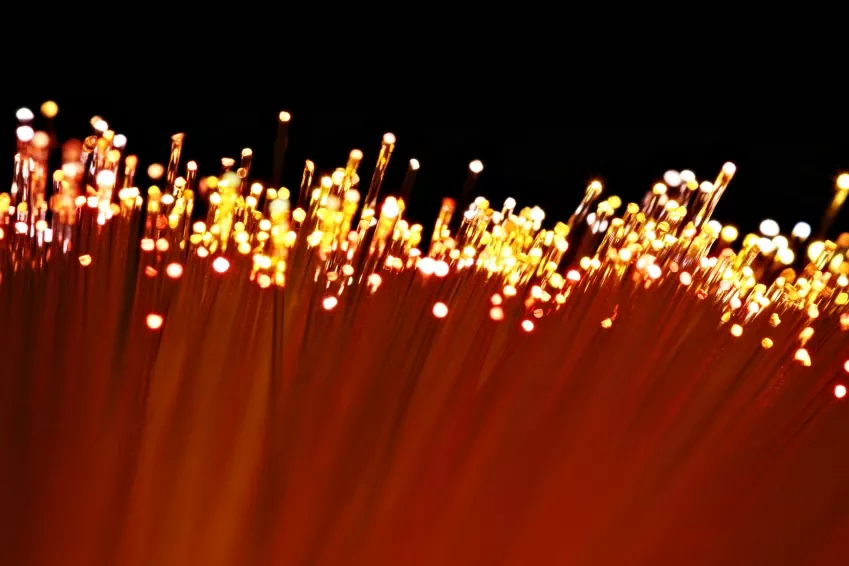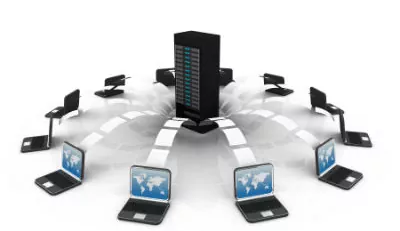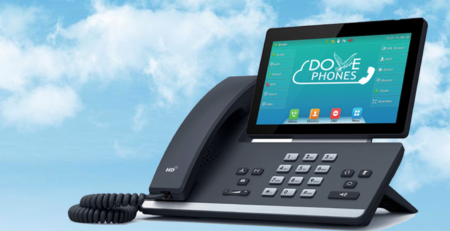PROS AND CONS OF FIBER OPTICS FOR BUSINESS
Fiber optic internet is relatively new technology, and now more and more businesses realize the benefits associated with fiber optic connectivity. Like with any new system, there are pros and cons, and it leaves many companies wondering if it is worth the switch to move over to fiber optic or if it’s more beneficial to stay with a more conventional internet solution like broadband or copper cabling?
So what are the pros and cons of fiber optic internet for businesses?
- It’s a better return on investment. Fiber optic internet saves your business in the long term. Installation can be a bit pricey to start, but as time progresses, maintenance is less than that of copper and fiber requires less equipment and components. Other cost-effective features are due to its ability to expand as technology progresses such as with cloud integration and more.
- Overall Speed. Fiber optic speed is unmatched, offering lightning fast speeds going as high as 100Gbps. With employees and staff utilizing the internet daily to send documents, work on projects, do research and more, you want a connection that won’t slow down the workflow.
- Durability and lifespan. With the ease of inexpensive and low maintenance, you also get a long-lasting solution that stays with your business for years, if not the entire duration of your business. The minimum lifespan of optical fiber cabling spans from 25 years up to over 100 years. Fiber is also lightweight, thinner than copper cabling and can fit among any cabling infrastructure.
- Better signal strength and less latency. With better signal strength and reduced latency, you get more precise and crisp quality, businesses can utilize applications in the cloud, upload and download speeds are seamless, and your operations increase in overall productivity and efficiency.
Fiber optic cabling may be the way to go for many businesses, but some drawbacks may not make it conducive for others. Here are some cons to fiber optic internet:
- Not great for mobile communication.
- High initial costs. Installation is costly and considered an investment.
- Fragile equipment. Since fiber optic cabling is made from glass, it can be easily damaged during the installation process or when moving.
When upgrading your systems, it is essential to consider the pros and cons of switching your networks cabling infrastructure. While fiber optic cabling overall offers convenience, access to the cloud, better security, faster speeds and more, the initial costs and equipment to start may not be the best option for your current business needs. Need assistance with figuring out which cabling would work for your business, contact us today and we’ll help you find the solution that works.










